I hate to break the news to everyone, but ageing (including ageing of the skin) is inevitable and for many of us, it can start as early as around 25 years of age. You see, there are many factors that contribute to ageing of the skin and most can either be divided into extrinsic or intrinsic categories. But what does this mean? Well…
Intrinsic ageing: is generally an inevitable genetically determined process that occurs naturally. Meaning, it reflects the background of an individual and results from the passage of time.
Extrinsic ageing: is in your control and is a result of lifestyle and environmental factors. Some of which include: poor nutrition, smoking, excessive use of alcohol ...and of course sun exposure which has been said to contribute to as much as 80% of facial ageing.
So if you are starting to age, some really common signs you might be noticing in relation to your skin might be the appearance of sunspots, spider veins, fine lines, wrinkles as well as skin sagging, thinning and dryness - especially when you reach the 40s and/or 50s age bracket.
Common Ageing Myths, Busted
However, I’m sure we’ve all heard some common misconceptions about skin ageing in our time too. Let’s bust some common ones.
An expensive face cream will prevent you from ageing: obviously the ageing skincare market in the beauty industry is huge and there are many products targeted to prevent your skin from ageing. Although honestly, looking after your skin requires more than one product. Plus the majority of skin ageing comes from photo damage and exposure to the sun - so using a daily SPF is more important than a fancy face cream with the words ‘anti-ageing’ plastered on the front.
Acne goes away with age: I’m sorry to break it to you all, but just because you are getting older doesn’t mean your acne will disappear. Especially for women. Hormonal acne is a huge issue that I see constantly in clinic in older women and there are so many reasons that it can pop up. Obviously pregnancy and breastfeeding are two stages of life that require massive hormonal shifts in our body. However, peri-menopause, which commonly begins in your forties and then is followed by menopause when estrogen levels decrease in your fifties can lead to hormonal acne too. Hence why it’s really important to be using the correct skincare to help treat these concerns.
Oily skin doesn’t age: so oily skin may not get as easily dehydrated as other skins over the years, but excess sebum is not prone to preventing wrinkles and oily skin can still age. However, oily skin can of course be of benefit, as these skins may not get as dry, but if you have oily skin you still need a proper skincare routine and you need to wear your SPF every day to look after your skin (and for age management).
Have wrinkles? Injectables are the answer: injectable treatments have their place when it comes to your overall skin treatment plan, although they are only temporary. So while they can fight the signs of ageing, by minimising the looks of fine lines and wrinkles or in the case of filler by plumping/smoothing the appearance of your skin. A longer term result will come when they are combined with clinical treatments that boost the skin’s collagen production as well as the proper skincare regime including a daily SPF to treat your concerns.
When To Start Protecting Your Skin From The Signs Of Ageing
The best way to prevent ageing is by staying out of the sun and wearing a daily SPF religiously. However, while we can slow down the visible signs of ageing we are all going to age.
Honestly there is no one “perfect” time to start targeting the signs of ageing with skincare. Predominantly because most products targeted at ageing skin are designed to tackle skin concerns like pigmentation, fine lines, wrinkles etc… so you can start to use them when you start to notice these skin issues. Someone who grew up on a beach for eg. may want to start on products to treat their concerns earlier in comparison to someone who doesn’t have early sun damage concerns. Your skincare routine should depend on what your skin needs.
Everything I Recommend As A Dermal Therapist
Skin treatments are so SO important as our skin ages. You will really notice the difference in your skin when you’re using the right skincare and getting the right clinical treatments that boost collagen and elastin production in the skin.
Skin needling: initiates the wound healing response in the skin, your skin then thinks it’s in trouble and starts to rebuild collagen. Great for skin texture, minimising pore size, fine lines/wrinkles.
Chemical peels: are not as scary as they used to be and are great for one-off general resurfacing and brightening of the skin as well as getting rid of pigmentation. Also great for ageing as they remove the outer layer of the skin and replace it with smoother, more youthful looking skin.
LED light therapy: stimulates collagen and elastin growth, accelerates post trauma healing, reduces and prevents acne, and instantly plumps the skin from within. It’s painless, has zero downtime and equals healthy skin. It is so great for ageing and a great treatment add on.
Lasers like Clear and Brilliant are also really effective at resurfacing the skin and stimulating collagen production while getting rid of sun damage. And laser genesis can improve vascularity (skin redness), fine lines and help boost skin regeneration too.







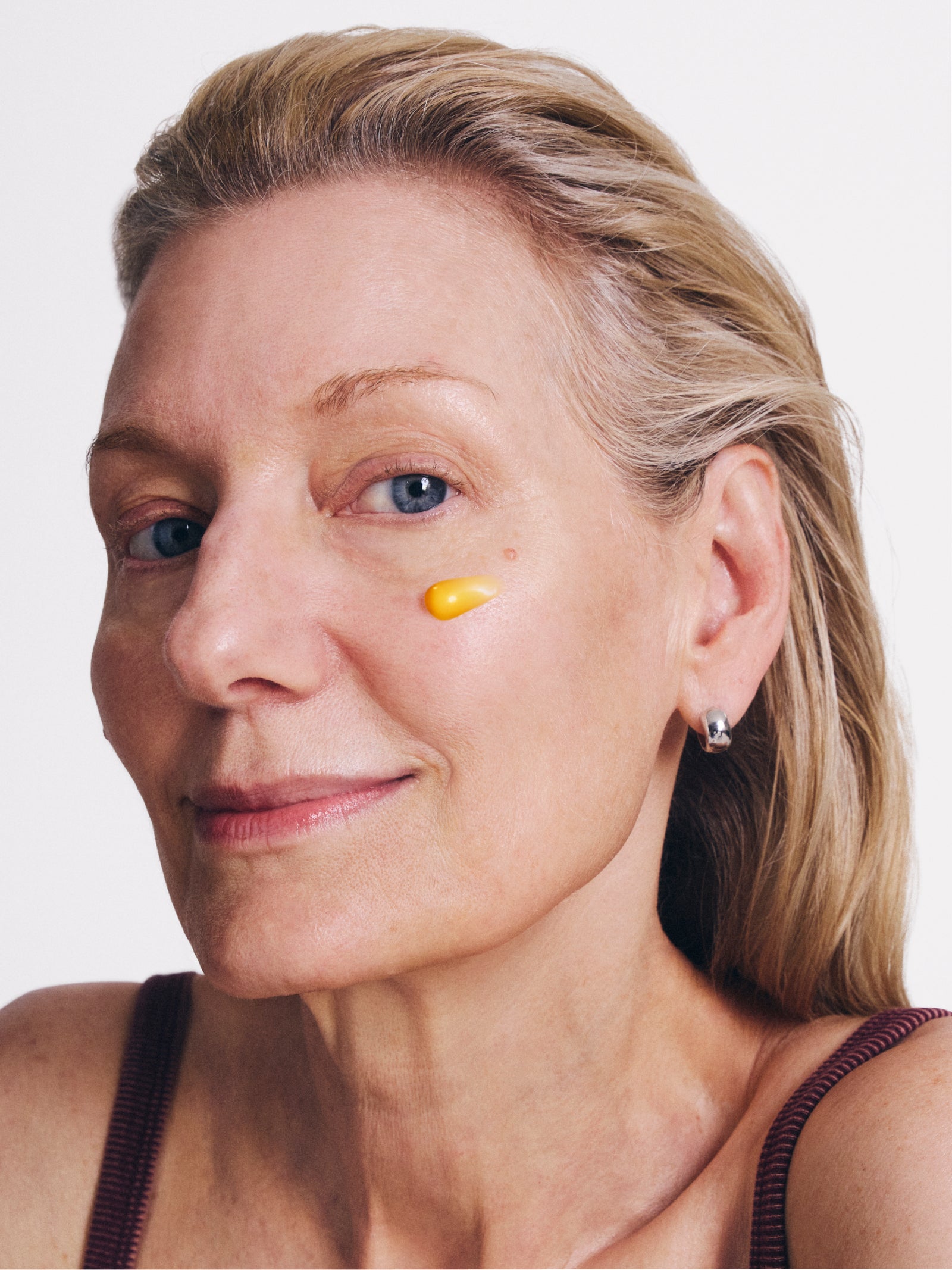
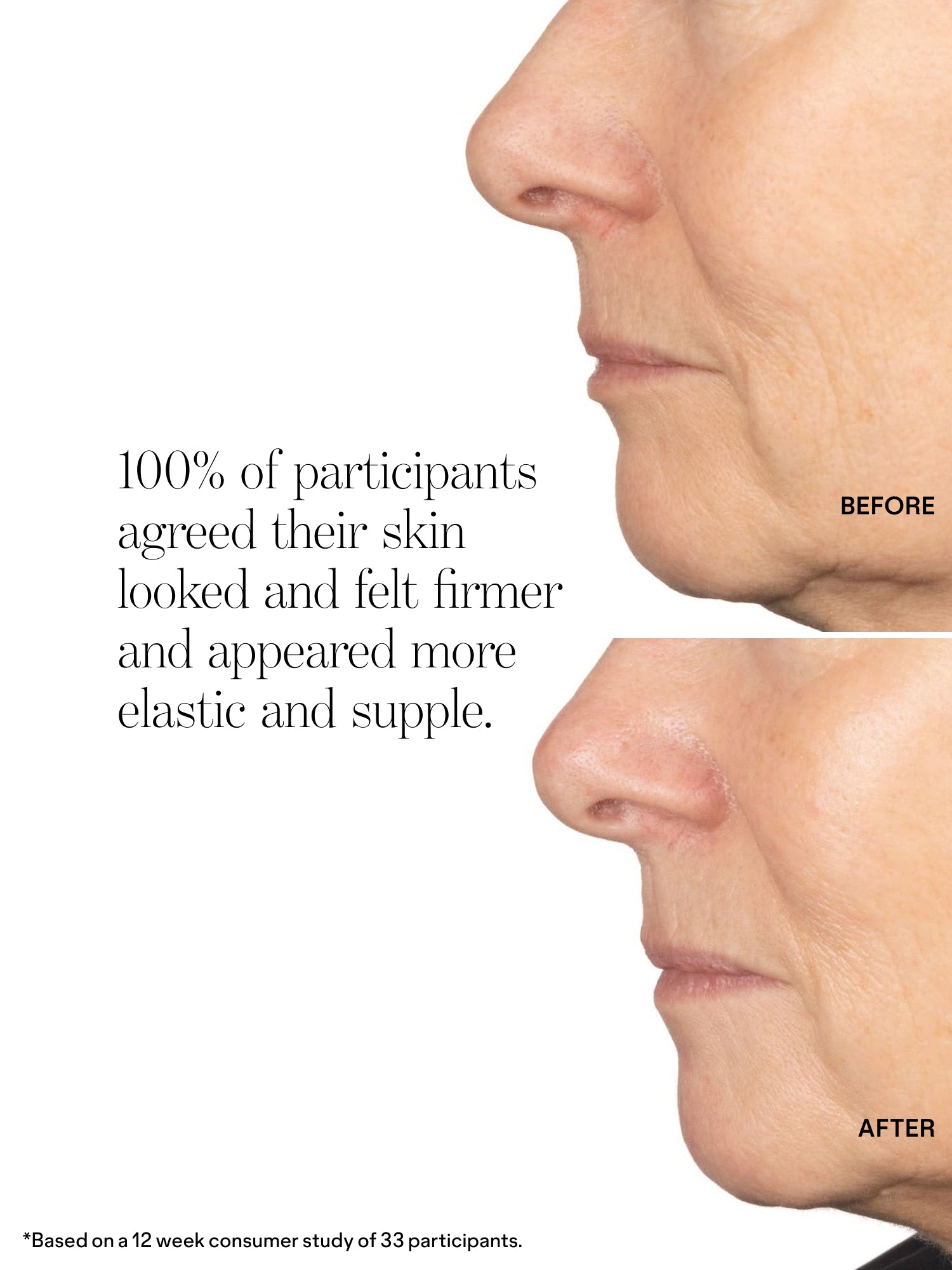
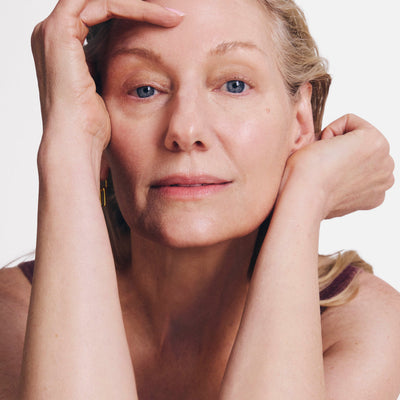
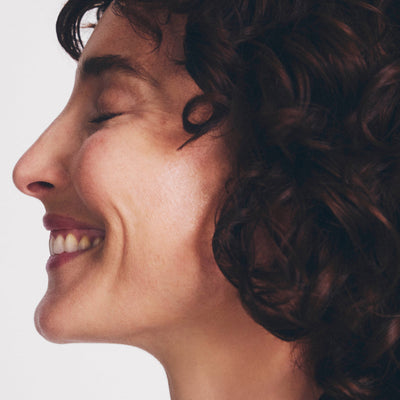
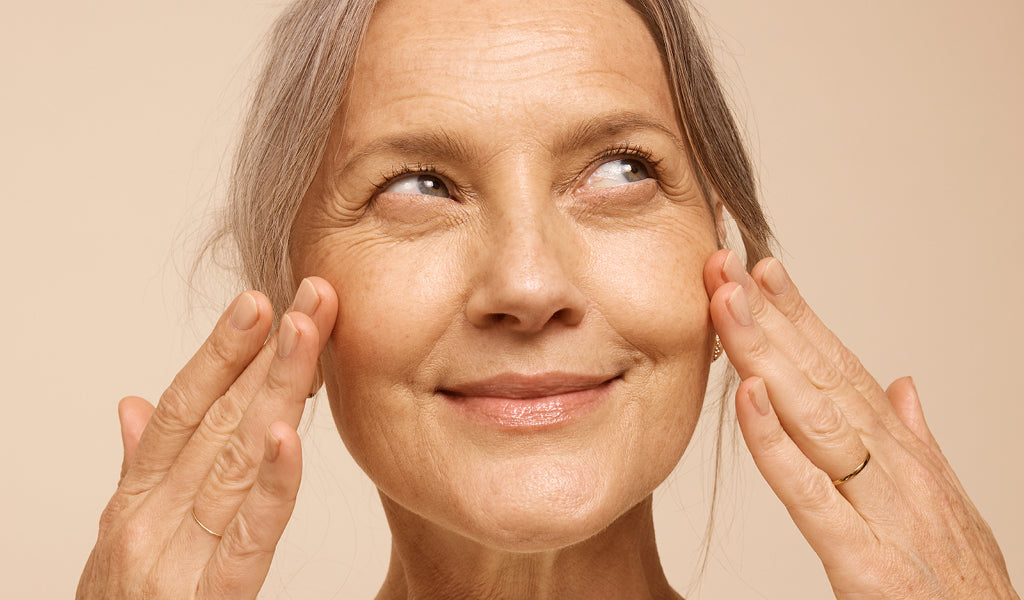


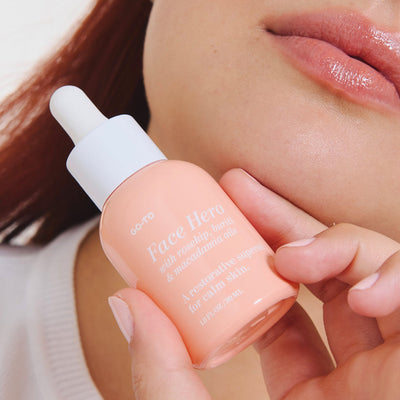
Comments